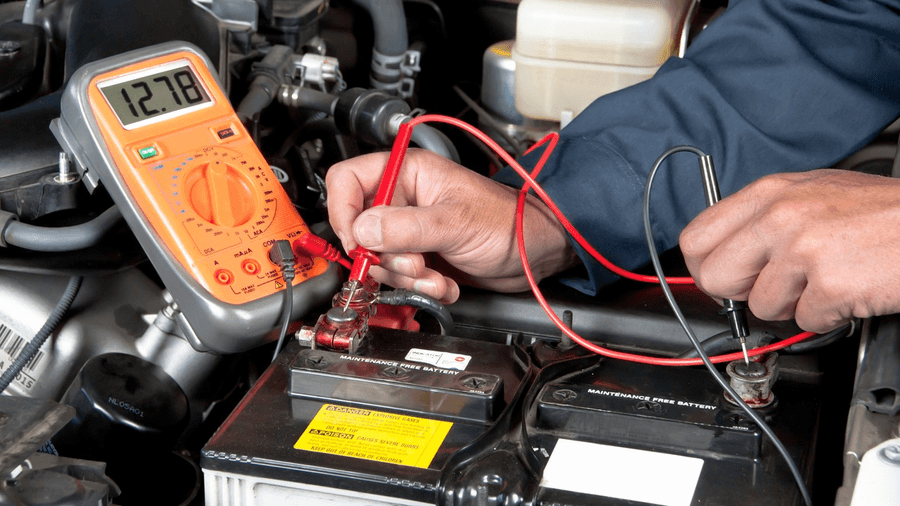A change in seasons indicates that it’s time to check your vehicle and ensure it’s up-to-date on routine maintenance. But what does that actually mean? Yes, it's time to ensure your engine and wheels are in good condition, but outside of tread depth and fluid levels what more is there?
Often, when we refer to routine or “manufacturer recommended maintenance” this covers the parts that are designed to be replaced regularly, and are more likely to wear out over shorter periods of time. If left unchecked, these smaller components can lead to larger breakdowns and repair bills.
Common parts and functions that are addressed in routine maintenance include:
- Spark Plugs- These are exactly as described. They emit a spark of electricity that ignites the fuel and air mixture in your engine and produces combustion. Hence, you have a combustion engine. When a spark plug needs to be replaced, it likely means that it’s not properly igniting.
- Filters- You may be familiar with the cabin air filter that protects the quality of your car’s interior, but your vehicle operates by moving fluids and air cleanly throughout the drive system. There are multiple replaceable filters associated with different functions–all designed to catch potential contaminants before they build up on your engine or other components. Most notably the oil filter, transmission filter, and even the fuel filter.
- Belts- Parts like the drive belt and timing belt keep vital engine components moving. When they wear out, these are a common cause of strange noises under the hood or engine misfires. While these belts are typically made of rubber reinforced with fiberglass threads, aging, excessive heat, or improper tension can lead to their failure.
- Wiper Blades- Streaky windshield? This is perhaps one of the easiest needs to diagnose and repair for drivers because it’s one of the most visible concerns you can spot. Every vehicle manufacturer recommends regularly examining and replacing your wiper blades; and that includes both front and rear blades if your car has both.
- Brake Pads- When you brake, the brake pads press down on the rotating wheels (specifically between the rotors and calipers.) This means brake pads need to be examined and replaced regularly because their purpose is to reduce metal on metal friction. If your car isn’t coming to a complete stop, or you hear an odd screeching or squealing noise when braking, replacing your brake pads could be a solution. Learn more about your brake system.
- Battery- A truly dead battery may be simple to diagnose because your car won’t start, but the signs that your battery is wearing out may be a little more subtle. Is the car making an unusual sound when you switch it to idle? Taking a bit longer to start than usual? Aside from voltage and checking output with a multimeter, routine maintenance means that you also examine and clean the connectors where build-up may occur, keep it filled with water at the appropriate level, and ensure it’s seated correctly and cleanly in the battery tray.
Keeping up with routine maintenance can be a lot, but Roda takes the stress off you and ensures our licensed mechanics and technicians are going through the checklist that’s right for your vehicle and driving needs. (They’re also certified in all makes and models from conventional to electric vehicles–so no need to worry about finding a specialty shop.)
Book your repair or maintenance services with Roda, and we’ll come pick up your vehicle, perform the services you request, and return it back to you.Your personal Virtual Garage also makes it easy to reference past inspections, invoices, and estimates so that you can keep on top of what’s been done, and what services were deferred, on your vehicle.


